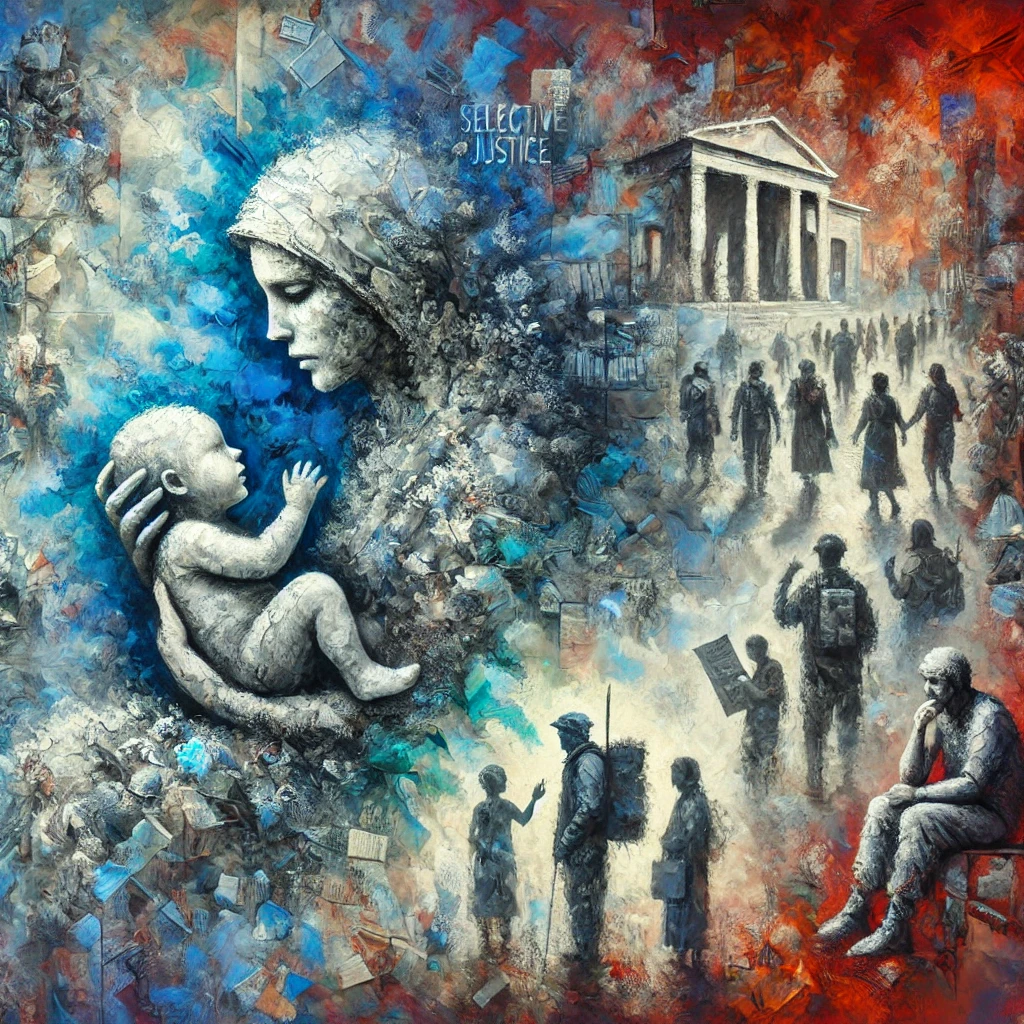Social justice is a banner that many raise, but few defend with integrity. In speeches, forums, and symposiums, there is talk of equity.
Social justice is a banner that many raise, but few defend with integrity. In speeches, forums, and symposiums, there is talk of equity.

Social justice is a banner that many raise, but few defend with integrity. In speeches, forums, and symposiums, there is talk of equity, community health, and inclusion, yet in practice, not all voices have the same right to be heard.
You may be interested: La digestión estéril: Crítica al consumo cultural en la era de la inteligencia artificial
The stories of pain that make people uncomfortable, the denunciations that expose systemic failures, and the experiences that do not fit within the optimistic narrative are too often erased, minimized, or ignored. Not due to a lack of relevance, but because they threaten the status quo of those who have turned activism into a tool for personal advancement.
When Activism Becomes a Prestige Strategy
In recent years, we have seen how certain «social justice» spaces have become springboards for academic, religious, or institutional careers. Leaders, researchers, and public figures exploit the vulnerability of communities to gain recognition, yet impose filters on which realities deserve to be told.
Symposiums, studies, and discussion panels are organized in the name of equity, but how many of these conversations truly include those who have firsthand experience with systemic violence? How many of these initiatives lead to tangible changes for the communities they claim to serve?
The issue is not just hypocrisy but the real harm caused by this selective silencing. When those who most need to be heard are rendered invisible by the very spaces that promise justice, the same oppression they claim to fight is perpetuated.
The Loss of a Child and the Violence of Oblivion
Let’s talk about a topic many prefer to avoid: perinatal loss and maternal grief in racialized and immigrant communities. Equity in healthcare is frequently discussed, but what happens when an immigrant mother loses her child and is met with coldness, bureaucracy, and dehumanization by the system?
This article seeks to commemorate the daily struggle of mothers who have lost their children—women who face not only the pain of absence but also the indifference of a society that turns its back on them. These mothers, made invisible in public discourse, continue to fight every day for the right to remember, to grieve, and to demand dignity. Beyond the indescribable pain of loss, they face institutional indifference and the erasure of their grief. Their children are not remembered with the same dignity as others. Their experiences are not included in official narratives. And when they try to speak, they are silenced under the excuse of «preserving a positive tone.»
When a mother attempts to share her story in a space that claims to advocate for equity and her testimony is erased because «it does not fit,» what message is being sent? That her pain does not matter. That her experience holds no value. That her voice is too uncomfortable to be acknowledged.
This is not an isolated case. It is a recurring pattern in many spaces where social justice has become more of a marketing concept than a true fight for change.
Who Has the Right to Speak?
The central question here is: who decides which stories deserve to be heard and which should be silenced? Because when social justice leaders and figures impose filters on which testimonies can be shared, they are not fostering equity; they are exercising the same oppressive power they claim to challenge.
You cannot speak of justice without including those who have been historically marginalized.You cannot speak of community health without addressing the trauma that the system itself hascaused. You cannot build a movement for change on a foundation of selective silencing.
If we truly want to transform these spaces, we must ask uncomfortable questions and demand that activism stop being merely a personal platform and instead become a genuine commitment to the voices that have been silenced for too long.
Because justice is not just about celebrating achievements. It is also about holding space for the pain of those who have been ignored.
You may be interested: Silencio Cautivo: Cuando la Justicia Social Se Vuelve Selectiva
And above all, it is about listening when the most vulnerable voices decide to speak.